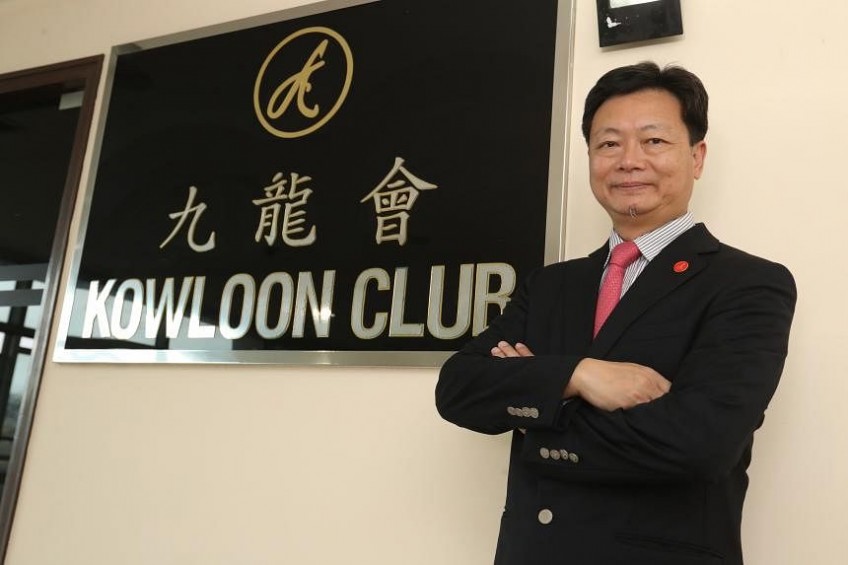Foreign interference law invoked against naturalised Singaporean businessman


SINGAPORE - Businessman Philip Chan Man Ping, 59, has been served notice that authorities intend to designate him as a politically significant person under Singapore’s foreign interference laws.
This is as Mr Chan, a naturalised Singapore citizen, has been assessed to have shown susceptibility to be influenced by foreign actors, and willingness to advance their interests, the Ministry of Home Affairs said on Feb 2.
The notice means the Hong Kong-born businessman is the first person to be dealt with under the Foreign Interference (Countermeasures) Act (Fica), a law that empowers authorities here to deal with foreign interference in domestic politics.
In a statement, MHA said it has been assessed that his activities “are directed towards a political end in Singapore, and that it is in the public interest for countermeasures under Fica to be applied to Chan”.
As a designated politically significant person, Mr Chan would have to make annual disclosures to the authorities of political donations of $10,000 or more that he has received and accepts, and declare his foreign affiliations and any migration benefits.
“These transparency requirements would help to detect and prevent any foreign interference directed towards a political end in Singapore,” said MHA, without naming any country.
The Straits Times reported in May 2023 that Mr Chan, the managing director of several real estate investment firms, was invited to attend China’s annual Two Sessions parliamentary meetings in March 2023 as an “overseas Chinese representative”.
He was one of 30 such representatives from around the world invited by the Chinese People’s Political Consultative Conference (CPPCC), an advisory body to the Chinese government.
Their publicised activities included a briefing by Chinese officials on issues such as the easing of visa restrictions, and a meeting with CPPCC secretary-general Wang Dongfeng.
Fica was passed in Parliament on Oct 4, 2021, after a 10-hour debate. It aims to tackle foreign meddling in domestic politics, both through hostile information campaigns and the use of local proxies.
A person can be designated as a politically significant person by the Minister of Home Affairs if his activities are directed towards a political end and the competent authority, the Registrar of Foreign and Political Disclosures, assesses that it is in the public interest for countermeasures against foreign interference to be applied.
Designated politically significant persons need to disclose political donations and foreign affiliations at first. However, they can be issued stepped-up countermeasures if there is a higher risk of foreign interference.
This includes prohibitions on receiving anonymous or foreign donations, which are already imposed on defined politically significant persons - a category which include MPs, political parties and political office holders.
In a March 6 interview with Chinese media during the Two Sessions, Mr Chan said it is the duty of overseas Chinese communities to “tell China’s story well”, and called for an alliance between overseas Chinese in various countries to coordinate ways to do so.
“If you want to have a future, you must stand with the country that represents the future. China is the country that represents the future,” he told Chinese Headline New Media.
Mr Chan is president of the Kowloon Club, which helps new Chinese immigrants to Singapore. He is also the president of the Hong Kong Singapore Business Association.
He is also “an altruistic philanthropist”, according to a write-up on SPD, a local charity that serves persons with disabilities.
Mr Chan, who sits on one of SPD’s committees, is listed in the article as the managing director of property firms Wen Way Investments, Mutual Benefits Realty and C&H Properties.
Mr Chan has 14 days from Feb 2, to submit representations to the registrar. If he is designated, he can appeal to Minister for Home Affairs K. Shanmugam against the registrar’s decision.
This article was first published in The Straits Times. Permission required for reproduction.